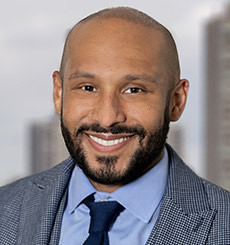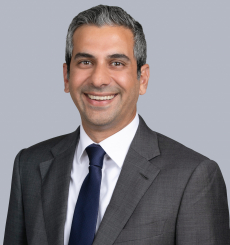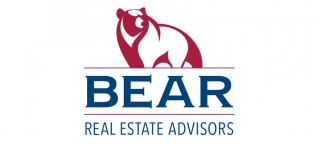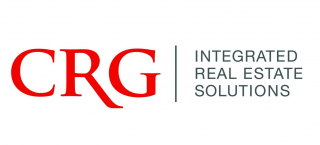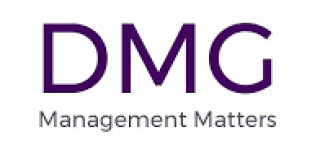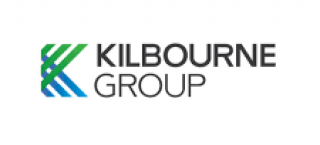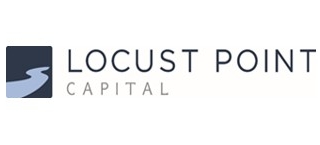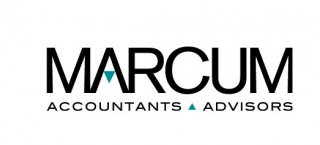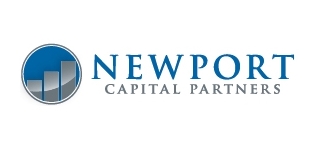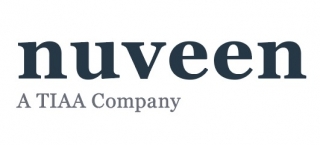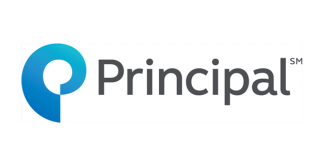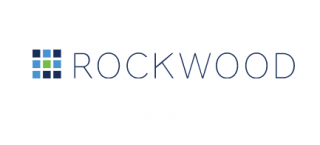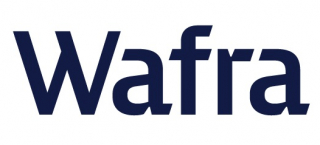The 7th Annual Real Estate Midwest Forum is a local peer-to-peer educational meeting exclusively for the institutional and HNW wealth management community with a specific focus on allocations to real estate.
This closed door one-day forum will bring together public and corporate pension plans, endowments, foundations, insurance portfolios, healthcare plans, investment consultants, family offices, HNW wealth managers, and private banks.

KEYNOTE SPEAKERS

|
Mike Vogelzang, Chief Investment Officer, CAPTRUST Mike
serves as CAPTRUST’s chief investment officer (CIO), and brings more than 30
years of portfolio management, market strategy, and investment research
experience to the firm. As CAPTRUST’s CIO, Mike oversees the Investment Group,
which includes manager and security research, portfolio management, and a team
of investment strategists. This group’s investment capabilities are supported
by more than 30 additional investment professionals across the firm’s wealth
and Institutional Solutions Groups, each of whom focuses on applying and
customizing investment research and views to meet the needs of various clients.
Prior to joining the firm, Mike was president and chief investment officer of
Boston Advisors. Before that, he held senior positions with Freedom Capital
Management and Shawmut Investment Management. He began his investment career at
The Boston Company. He is frequently invited to speak at industry conferences,
interview in the financial media, and contribute articles to portfolio
management journals. He holds the Chartered Financial Analyst® (CFA®)
designation and is a member of the CFA® Society of Boston. Mike also serves as
the Chair of the Investment Committee of the Chicago area Barnabas Foundation,
a $600 million faith-based planned giving organization. In addition, Mike sits
on the Investment Committee of his alma mater, Calvin University. |
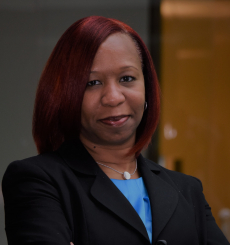
|
Angela Miller-May, Chief Investment Officer, Illinois Municipal Retirement Fund Ms. Miller-May
currently serves as the Chief Investment Officer for the Illinois Municipal
Retirement Fund, a $50.6 billion pension fund that services a membership of
over 457,000 members and over 3,030 employers. She focuses on providing
strategic portfolio construction, excellent manager selection and rigorous due
diligence and provides leadership to a team of investment professionals in
meeting IMRF’s investment goals. Ms. Miller-May joined Illinois Municipal
Retirement Fund in August 2021. Prior to serving as IMRF’s Chief
Investment Officer, she served as the CIO for Chicago Teachers’ Pension
Fund. She has been honored with many recognitions and awards and engages
with organizations across the investment industry. Ms. Miller-May holds
an MBA from Kellstadt Graduate School of Business at DePaul University and has
earned her BA in Economics from Northwestern University. |
REQUEST AGENDA
Please note only corporate email addresses will be accepted.
Why do I need to enter my corporate email address?
By using your corporate email address, we can verify that you are a registered financial professional.
Key Discussion Topics
Third Year’s the Charm: Will Real Estate Deliver Alpha in 2023?
Almost three years ago to the day, novel coronavirus set the global real estate investment market aflame. Housing markets boomed, the great resignation unfolded, workers fled from office, travel restrictions led to hotel closures, and retail wavered. As we navigate the newness of 2023, our panelists will address where the real estate industry found success, what concerns lie ahead, and how investors can strategically utilize private real estate debt and equity to yield returns.
What is Shaping Commercial Real Estate in the Midwest?
With technological, geopolitical, and socioeconomic factors reshaping the industry, our panelists will share their thoughts on the US Commercial Real Estate markets. What are the key conditions investors need to weigh when con-sidering these lucrative market opportunities? How are current trends impacting US urban centers, and what does in-flation mean for the market as a whole? What international factors are playing a role in structuring the current frame-work of commercial real estate? Which sectors of the CRE market are most favorable?
Narrowing Focus on Niche Investment Strategies
In many cases, niche investment strategies outperformed more traditional core and core+ assets despite headwinds and uncertainty. Today, niche asset classes have become crucial in building and diversifying a real estate portfolio. These asset classes include life sciences, student housing, self-storage facilities, data centers, film & television production studios, senior housing, manufactured housing, medical office buildings, and much more. What is driving investor appetite for niche investment strategies? Are current yields and returns sustainable? Where are investors finding value and opportunity in this sector? How has the recent influx of capital impacted this space?
Opportunistic & Value-Add v. Core & Core Plus
Allocators consider the risk factor as they evaluate Value-Add and Opportunistic, as well as Core and Core Plus investments. As a market correction looms, many investors are looking to less risky investments with predictable cash flow. Is this the right time to start looking more into Core and Core plus, or is the risk and reward still favoring Value-Add and Opportunistic investments? How have your portfolio allocations to Value-Add and Opportunistic changed over the years compared to your allocations to Core and Core plus strategies?
Are Returns on the Horizon for Residential?
Housing markets have been pulled left, right, and center as residential real estate has seen a major shift in mortgage rates, the great migration from urban centers, and record low inventories. As housing markets are seemingly starting to cool, what should investors seek, avoid, and keep top of mind as they approach this sector? While economists optimistically suggest we may not be facing a bubble or a crash, they advise treading cautiously in potentially incorrectly valued markets. This panel discussion will focus on maximizing your exposure in residential real estate.
How Private Real Estate Debt Fit into Your Portfolio?
In an uncertain market that is facing low yields and high asset prices, our panelists will discuss the value of in-vesting in private real estate debt. This discussion will cover loan structures such as mezzanine loans, subordinated secured debt or B-notes, and CRE first mortgages, among others. Our panelists will also discuss the key considerations for investors looking to enter or expand their presence in the space.
Increasing Exposure to Industrial
Following the wave of retail closures in 2020, ecommerce has boomed in a way many never expected. Ecommerce, including warehousing, distribution, and flexible storage, has outperformed other areas within commercial real estate. Despite the increase in warehouse demand, the ease of growth is slowing. Our panel will examine how developing smarter buildings and digital transformation is the next phase of industrial.
Where ESG Fits into the Real Estate Puzzle
With increasing pressure from investors, employees, and the public to invest responsibly, the Real Estate com-munity faces a crossroads. A wave of social and environmental challenges has led to markets showing a shift of trillions of dollars into sustainable financial investments. How are ESG, SRI, and Impact Investing being defined? Where does DEI fit into the investment decision making process? How are LPs and GPs making a difference and generating profits? Our panel of industry experts will discuss how to best understand the relationship between corporate sustainability practices and company financial performance.
How are RIAs and family offices approaching the real estate sector? What tax advantages are accessible to investors? How can the private wealth community leverage the 1031 exchange and Qualified Opportunity Zones to stabilize their portfolios? Are investors seeking local opportunities or expanding their search for investment opportunities more broadly? What unique considerations do family offices need to make when investing in the real estate space? What is the average risk appetite of private wealth investors in this space? What residential trends are top of mind, and how are investors approaching workforce housing?
How are LPs performing due diligence? With regards to direct investments cash flow quality, asset and liability quality, working capital, systems, personnel, financial projection analysis and downside risk mitigation are top of mind. As allocations to real estate funds continue to increase, so does the level of scrutiny managers incorporate into this process. How are real estate funds leveraging technology in their portfolios? How are data reporting and monitoring processes allowing LPs and GPs to communicate transparently on a day-to-day basis?
The real estate industry has realized a shift in transaction trends and deal structures over the last three years. How are projects being framed in 2023? What are best in class transaction trends emerging across the industry? How can investors and GPs ensure a smooth and successful transaction? How is inflation, among other external factors, affecting this process? Are transaction trends remaining consistent across different asset classes within the real estate market?
PRICING
| Early Bird I | 2,000 USD | 12/16/22 |
| Early Bird II | 2,250 USD | 01/26/23 |
| Pre-Event Registration I | 2,500 USD | 02/16/23 |
| Pre-Event Registration II | 2,750 USD | 03/16/23 |
| Event Registration | 3,000 USD | 04/19/23 |


